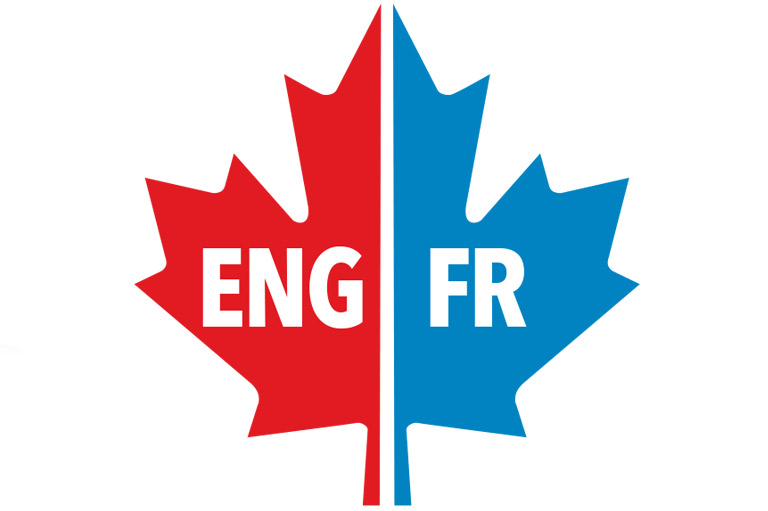As an immigrant in Canada, knowing your employment rights is crucial. You have the right to fair treatment, regardless of your background. This includes protections against discrimination, the right to receive a minimum wage, and access to safe working conditions.
Navigating the job market can be challenging, but understanding these rights empowers you to advocate for yourself. Canadian law supports workers, and it’s important for you to be informed about your entitlements. This knowledge can help you secure a fair work environment and build a successful career in your new home.
In this blog post, you will discover key information about your rights as an immigrant worker in Canada. Learn how to protect yourself and ensure that you are treated with respect in the workplace.
Understanding Canadian Employment Law
Canadian employment law is made up of rules that protect workers’ rights. As an immigrant in Canada, knowing these laws is important for your work experience. Laws can change based on where you live, so it’s good to understand both federal and provincial rules.
Federal and Provincial Jurisdiction
In Canada, the government shares power between federal and provincial levels. Federal law covers areas like:
- Interprovincial trade
- Telecommunications
- Banking
The Canada Labour Code is a key piece of federal legislation that applies to many workplaces like railroads and banks.
Provincial laws apply to most other jobs. Each province has its own Employment Standards Act. This law covers topics such as:
- Minimum wage
- Hours of work
- Overtime pay
Make sure to check the specific rules in your province. Compliance with these laws ensures your rights are protected while you work.
Key Legislation
Several important laws shape employment rights in Canada.
- Canada Labour Code: Governs federally regulated workplaces. It sets rules about wages, hours, and safety.
- Employment Standards Act: Every province has its own version. This law details minimum standards for wages and working conditions.
- Human Rights Code: Protects against discrimination in the workplace based on factors like race, gender, or disability.
- Occupational Health and Safety Act: Ensures safe working environments. Employers must follow safety rules to protect workers.
Knowing these laws helps you understand your rights and responsibilities in the workplace. Being informed empowers you to take action if your rights are violated.
Immigrant Workers’ Rights
As an immigrant worker in Canada, you have specific rights that protect you in the workplace. Understanding these rights helps ensure that you are treated fairly and can work safely.
Right to Work
Every immigrant in Canada has the right to work. This right is supported by federal and provincial laws. You may need a work permit, but many pathways exist for immigrants to gain this permit.
Your work permit usually indicates the type of job you can do and who you can work for. It’s important to know the details of your permit to avoid issues. If you face any barriers in getting a job, several organizations can help you understand your rights.
Non-Discrimination Policies
Canada has strong non-discrimination policies that protect you from unfair treatment. You cannot be discriminated against based on race, gender, religion, nationality, or disability.
If you feel discriminated against, you can file a complaint with the Human Rights Commission in your province or territory. They offer services to investigate complaints and promote fair treatment in the workplace. Employers are also required to create a workplace that respects diversity and inclusion.
Workplace Safety and Standards
Your safety at work is a priority in Canada. All workers, including immigrants, are entitled to a safe working environment. The Occupational Health and Safety Act outlines these rights.
Employers must provide proper training and equipment to ensure your safety. You also have the right to refuse unsafe work without penalty. If you feel your safety is at risk, notify your employer or a safety representative immediately. There are resources available to guide you in understanding your safety rights and responsibilities.
Employment Contracts and Agreements
When starting a job in Canada, understanding employment contracts and agreements is important. They outline your rights, responsibilities, and the terms of your work arrangement. Here’s what you need to know.
Essentials of an Employment Contract
An employment contract is a legal document between you and your employer. It should include key details like:
- Job Title: Your specific role in the company.
- Salary/Wages: How much you will earn and how often you will be paid.
- Working Hours: Your schedule, including days off and overtime.
- Benefits: Information on health insurance, vacation days, and other perks.
- Termination Terms: Conditions under which either party can end the agreement.
Make sure to read the contract carefully. If you have questions, ask your employer for clarification before signing.
Types of Employment Agreements
There are different types of employment agreements that you might encounter:
- Permanent Employment: You have a long-term position with ongoing benefits and job security.
- Temporary Employment: A job for a set period or until a specific project is completed.
- Contract Employment: You work for a set time or task, usually with specific terms outlined.
- Part-Time vs. Full-Time: Definitions of hours worked affect benefits and pay rates.
Knowing the type of agreement helps you understand your job stability and rights. Always ensure you know which type you are entering into before you begin your employment.
Support and Resources
In Canada, various support systems are available to help immigrants navigate employment rights. These resources include governmental services as well as legal aids and advocacy groups that provide assistance and guidance.
Governmental Support Services
The Canadian government offers numerous services to support immigrants in the workforce. You can access Employment and Social Development Canada (ESDC), which provides resources for job seekers.
Local Employment Ontario centers can also assist you with job searches, resume writing, and interview preparation. They offer workshops and personalized support to help you find suitable employment.
In addition, the Immigration, Refugees and Citizenship Canada (IRCC) website has information available on workers’ rights. You can learn about your rights, responsibilities, and how to address any issues you may encounter in the workplace.
Legal Aids and Advocacy Groups
Various organizations provide legal support for immigrants regarding employment rights. Legal Aid Ontario offers legal services to those who qualify, ensuring equitable access to justice.
Another notable group is the Canadian Council for Refugees. They advocate for the rights of refugees and immigrants, helping them understand their rights and access necessary resources.
Additionally, local community organizations often hold workshops and provide legal clinics specifically for immigrants. These groups can help you understand employment laws and offer advice on how to handle disputes with employers.


